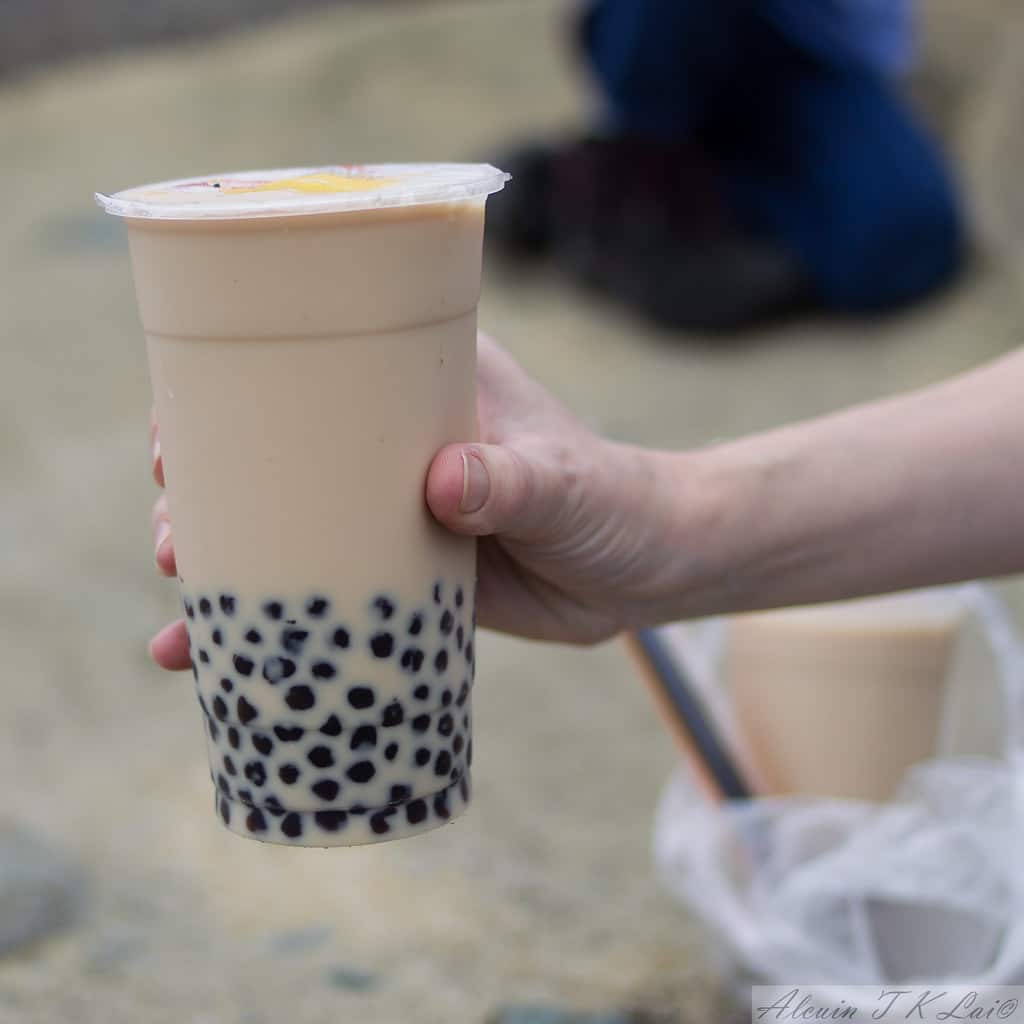
Can you Have Bubble Tea While Pregnant?
Bubble tea, which is also referred to as boba or pearl milk tea, has experienced a surge in popularity across the world. Originating from Taiwan, this unique beverage consists of a blend of tea, milk, sugar, and tapioca pearls.
While it is essential for expectant mothers to maintain a nutritious diet throughout their gestation to safeguard both their health and the baby’s development, there is some apprehension about the appropriateness of consuming bubble tea during pregnancy.
Can you Have Bubble Tea While Pregnant?
Pregnant women can safely consume boba tea if it is prepared with pasteurized milk and heated or cooked toppings/additives. However, caution should be taken into consideration when evaluating the amount of added sugar, as it could be classified as a sugar-sweetened beverage (SSB). In addition, one should also be aware of the caffeine content in boba/bubble tea.
All About Bubble Tea
Bubble tea is a delightful, distinctive concoction consisting of a tea base, milk, sugar, and chewy tapioca pearls. It can be enjoyed as a hot or cold beverage, having originated in Taiwan during the 1980s and since become increasingly popular around the world.
The base of this drink can range from black tea to green tea to oolong tea blended with milk, sugar, and other flavorings such as fruit syrups or powders. An essential part of the creation process involves shaking the mixture with small, chewy balls crafted from cassava starch to create the signature bubbles in the drink, thus ensurcing its memorable name. Nowadays, bubble tea can be procured at many venues throughout society, such as bubble tea shops, cafes, and restaurants, and has developed a devoted following thanks to its unmistakable flavor and invigorating taste.
Risks Associated with Bubble Tea during Pregnancy
Pregnant women should be aware of the risks associated with consuming bubble tea due to its high content of caffeine, sugar, and tapioca pearls. While the recommended limit of caffeine intake during pregnancy is 200 mg per day, a typical serving of bubble tea can contain anywhere between 30 and 200 mg.
High amounts of sugar can lead to increased blood sugar levels and an increased risk of gestational diabetes, while artificial sweeteners and preservatives within the drink have not been conclusively evaluated for their safety during pregnancy. Furthermore, contaminated tapioca pearls may cause food poisoning, which could be particularly harmful to pregnant women and their offspring.
Bubble Tea Alternatives during Pregnancy
Pregnant women who are wary of the potential complications associated with bubble tea may want to consider alternative beverages that are more beneficial and secure for both mother and unborn child.
Some nourishing alternatives comprise of herb teas and fruit-infused waters, which are low in caffeine and sugar; homemade smoothies and juices created with fresh fruits and vegetables as a source of vital vitamins and minerals; and milk-based drinks such as lattes, cappuccinos, and hot chocolates that can contribute calcium and other essential nutrients. Nevertheless, when selecting milk-based beverages, it is recommended to opt for low-fat or skim options and moderate additional sugar intake.
Additionally, pregnant women should be conscientious of their overall diet by embracing a variety of nutritious foods, including fruits, vegetables, whole grains, and lean proteins in order to ensure an appropriate and healthful pregnancy.
FAQs (200 words)
Q.How much caffeine is in bubble tea?
A. The amount of caffeine in bubble tea can vary, depending on the type and size of the drink. A typical serving of bubble tea can contain anywhere from 30 to 200 mg of caffeine.
Q.Can high caffeine intake during pregnancy harm the developing fetus?
A. Yes, high caffeine intake during pregnancy can cross the placenta and affect the developing fetus, leading to an increased risk of miscarriage, preterm birth, low birth weight, and developmental issues. The recommended limit of caffeine consumption during pregnancy is 200 mg per day.
Q. Can high sugar intake during pregnancy cause gestational diabetes?
A. Yes, high sugar intake during pregnancy can lead to increased blood sugar levels and an increased risk of gestational diabetes.
Q. Is bubble tea made with artificial sweeteners and preservatives safe for pregnant women?
A. Artificial sweeteners and preservatives have not been fully evaluated for their safety during pregnancy and should be consumed with caution.
Q. Are tapioca pearls in bubble tea safe for pregnant women?
A. The tapioca pearls used in bubble tea can pose a risk to pregnant women as they are made from cassava starch, which can contain high levels of naturally occurring toxins if not properly processed. Ingesting contaminated tapioca pearls can lead to food poisoning, which can be particularly dangerous for pregnant women and their developing fetuses.
Q.Is it safe to consume tea-based drinks during pregnancy?
A. Tea-based drinks are generally safe during pregnancy in moderation,